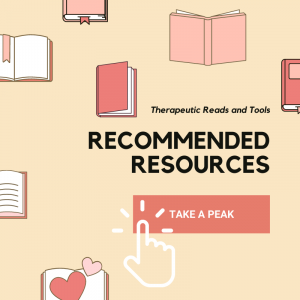
Considerations for Email Therapy
An asynchronous way to communicate what’s going on for you may be a preferred way of trying out therapy to see if it’s something that would work for you, if talking face-to-face feels daunting or not an immediate way to process things.
However, this form of therapy can inhibit the black-hole affect of putting yourself out there across the internet and not being able to know when or how the information is being received.
How it works
When writing confidential and private information via email, your therapist will provide a secure email address or platform to send messages to. This is a measure taken especially when emailing from shared devices and password protected to prevent any accidental or intentional access from others.
With the information being provided via text, it would be beneficial to send up to 500 words at a time to your therapist so things can be processed and reflected back in a way that is useful. If an email under 500 words doesn’t feel enough to reflect what’s going on for you at the time, perhaps using a journal alongside therapy will help to process internally first before sharing the significant parts where you feel stuck and would benefit from a therapists perspective and insight maybe helpful.
An advantage of email counselling is the disinhibition effect, of feeling able to share information without concern of how the therapist may respond. It also provides a space to process like a journal in seeing what comes up and on re-reading the process, editing parts that don’t feel as significant as they may have when once held in mind.
A disadvantage of email counselling is that you may not get the immediate response required when seeking assurance or in a moment of crisis. This is when a 24/7 text messaging or email services such as SHOUT or Samaritans may be the best option to meet the needs required at that time.
Benefits
- Flexibility to write what you want to share when it feels most useful.
- Emails can be written from your own home, whilst on a park bench, or anytime you feel it’s useful to send an email.
- Secure email inbox that for confidentiality and peace of mind
- No chance that you may be seen entering the counsellors practice or worries about travelling to and from the centre
- Some find it easier to express their thoughts and feelings when not sitting in front of or talking to someone (disinhibition effect)
Things to consider
- Are you comfortable having to wait up to 48hrs for a response?
- Would you prefer building up a therapeutic relationship face-to-face?
- Do you feel you can express your feelings effectively using words?
- Do you feel your situation is too complex to be understood via a single message?
- Have you tried using a journal as a way to process thoughts and feelings initially?
- When there are no non-verbal cues or body language for you or the Therapist to interpret, do you think this can lead to misunderstanding in what it is you need in a response?
Booking in an initial consultation over the phone or via video provides an opportunity to see how it feels talking with a potential therapist and assessing your comfort levels first before agreeing to initiate email counselling. Things may change, and that’s OK. If at any point you would want to try face-to-face therapy, you can always check in with the therapist if they would be flexible to do so or can refer you to a counselling service that matches your needs.



